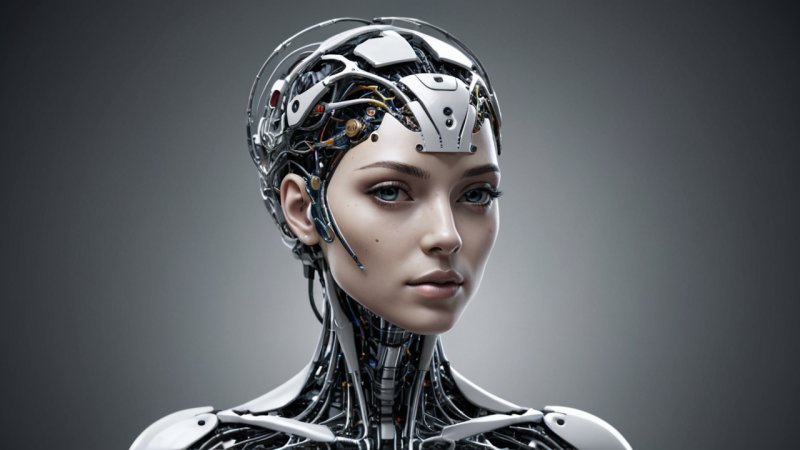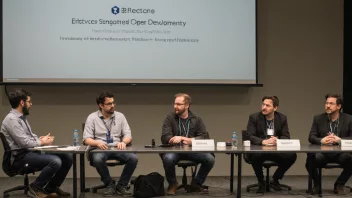The rapid advancement of artificial intelligence (AI) has ushered in a new era of technological capabilities that promise to transform various aspects of human life. However, alongside these advancements arise significant ethical concerns, particularly regarding human dignity. As AI systems increasingly permeate our daily lives, from decision-making processes in healthcare to social media algorithms influencing public opinion, it is crucial to examine how these technologies might affect our understanding and respect for human dignity.
Understanding Human Dignity
Human dignity is a foundational concept in moral philosophy, law, and human rights. It is often defined as the intrinsic worth of every human being, regardless of their circumstances or characteristics. This notion underlies various ethical frameworks and legal systems worldwide, serving as a guiding principle for justice, equality, and respect for individuals. The concept is closely tied to the idea of autonomy, which emphasizes the right of individuals to make decisions about their own lives and bodies.
The Role of AI in Society
AI encompasses a range of technologies, including machine learning, natural language processing, and robotics, which are increasingly used in various sectors such as healthcare, finance, education, and law enforcement. The capabilities of AI systems to analyze large datasets, recognize patterns, and make predictions hold significant potential for improving efficiency and effectiveness in numerous applications.
Case Study: AI in Healthcare
In healthcare, AI algorithms are being developed to assist in diagnostics, treatment planning, and patient monitoring. For instance, AI systems can analyze medical images to detect conditions like cancer more accurately than traditional methods. However, the deployment of AI in healthcare raises ethical concerns about patient privacy, informed consent, and the potential for bias in decision-making processes.
Ethical Issues Surrounding AI and Human Dignity
The integration of AI into society introduces several ethical challenges that can compromise human dignity. Some of the most pressing issues include:
1. Autonomy and Control
As AI systems increasingly make decisions on behalf of individuals, there is a risk that human autonomy may be undermined. For example, algorithms used in social media platforms can influence users' opinions and behaviors without their explicit consent, potentially manipulating their choices and limiting their freedom to think independently.
2. Privacy and Surveillance
AI technologies often rely on vast amounts of personal data to function effectively. This dependence raises significant concerns about privacy and surveillance, particularly when individuals are unaware of how their data is being used. The potential for intrusive monitoring can lead to a sense of diminished personal dignity, as individuals may feel they are constantly being watched or evaluated.
3. Bias and Discrimination
AI systems can inadvertently perpetuate and amplify societal biases, leading to discriminatory outcomes. For instance, algorithms used in hiring processes may favor certain demographics over others based on biased training data, which can undermine the dignity of those who are unfairly excluded. This issue highlights the need for ethical considerations in AI development and deployment.
4. Accountability and Transparency
The complexity of AI systems often obscures the decision-making processes behind them, making it challenging to establish accountability for their outcomes. When AI systems make erroneous or harmful decisions, it can be difficult to determine who is responsible, raising questions about justice and fairness that are central to human dignity.
Promoting Ethical AI Development
To address the ethical challenges posed by AI and safeguard human dignity, several strategies can be implemented:
1. Ethical Guidelines and Frameworks
Developing comprehensive ethical guidelines for AI development is essential. These guidelines should emphasize respect for human rights, transparency, accountability, and fairness in AI systems. Organizations such as the IEEE and the European Commission have begun to outline principles for ethical AI, which can serve as valuable resources.
2. Diverse and Inclusive Development Teams
Ensuring that AI development teams are diverse and inclusive can help mitigate bias in AI systems. A variety of perspectives can lead to more equitable outcomes and a greater understanding of the ethical implications of AI technologies.
3. Engaging Stakeholders
Involving stakeholders, including policymakers, ethicists, and affected communities, in the AI development process can help ensure that diverse voices are heard and that ethical considerations are prioritized.
Conclusion
The intersection of AI and human dignity presents a complex landscape of ethical challenges that require careful consideration and proactive measures. As AI technologies continue to evolve, it is crucial to prioritize human dignity in their design and implementation. By fostering ethical AI development, we can harness the potential of these technologies while safeguarding the intrinsic worth of every individual.






